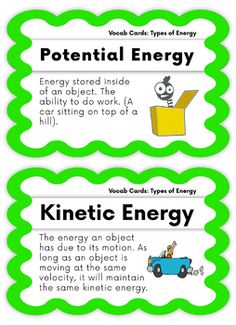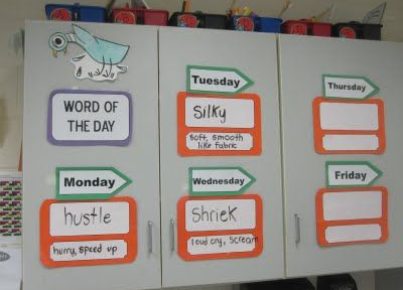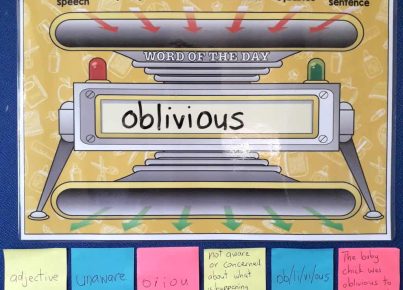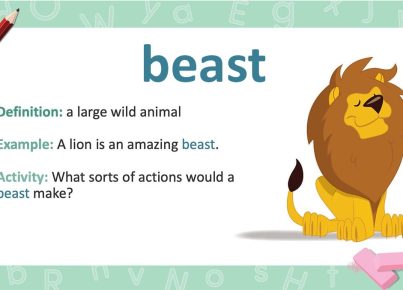Understanding heat energy is a fundamental concept in the science curriculum for year three students. To aid in this learning journey, educational vocabulary cards can be an excellent resource. These colorful and interactive cards not only enhance the retention of key terms but also serve as a fun learning activity that can be integrated into various educational games and classroom exercises.
Each card features a term related to heat energy, alongside an easy-to-understand definition and an illustration that visually represents the concept. This multi-modal approach supports diverse learning styles and helps children connect the vocabulary with real-world examples.
Some of the essential terms that can be included in a set of Year 3 Heat Energy Vocabulary Cards are:
1.Heat: The form of energy that is transferred between systems or objects with different temperatures (often depicted by objects warming up).
2.Temperature: A measure of how hot or cold something is, usually measured in degrees Celsius (°C) or Fahrenheit (°F).
3.Thermometer: An instrument used to measure temperature.
4.Conduction: A method of heat transfer where energy is passed directly through material from one molecule to another.
5.Conductor: A material that allows heat to pass through it easily.
6.Insulator: A material that does not allow heat to pass through it easily.
7.Radiation: The transfer of heat energy through empty space via electromagnetic waves.
8.Convection: The transfer of heat within fluids (gases and liquids) which occurs when warmer areas of a liquid or gas rise to cooler areas and cool down.
9.Energy Source: Anything that can give out heat, like the Sun, fire, or electrical appliances.
10.Solar Energy: Heat energy that comes from the Sun.
These vocabulary cards can be used during group activities where students match terms to their definitions, illustrate their own examples of how heat is used in daily life, or even play memory games by finding pairs of matching terms and illustrations.
By integrating these vocabulary cards into their daily lessons, educators provide a dynamic tool for young learners to explore and understand the basic principles of heat energy—a topic that they encounter in their everyday lives.





